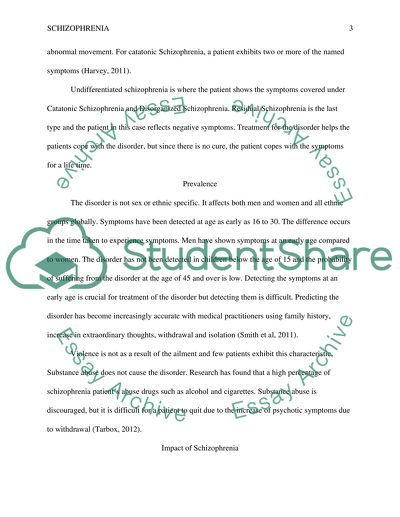Cite this document
(“Schizophrenia Research Paper Example | Topics and Well Written Essays - 1250 words - 1”, n.d.)
Schizophrenia Research Paper Example | Topics and Well Written Essays - 1250 words - 1. Retrieved from https://studentshare.org/psychology/1443167-schizophrenia
Schizophrenia Research Paper Example | Topics and Well Written Essays - 1250 words - 1. Retrieved from https://studentshare.org/psychology/1443167-schizophrenia
(Schizophrenia Research Paper Example | Topics and Well Written Essays - 1250 Words - 1)
Schizophrenia Research Paper Example | Topics and Well Written Essays - 1250 Words - 1. https://studentshare.org/psychology/1443167-schizophrenia.
Schizophrenia Research Paper Example | Topics and Well Written Essays - 1250 Words - 1. https://studentshare.org/psychology/1443167-schizophrenia.
“Schizophrenia Research Paper Example | Topics and Well Written Essays - 1250 Words - 1”, n.d. https://studentshare.org/psychology/1443167-schizophrenia.


